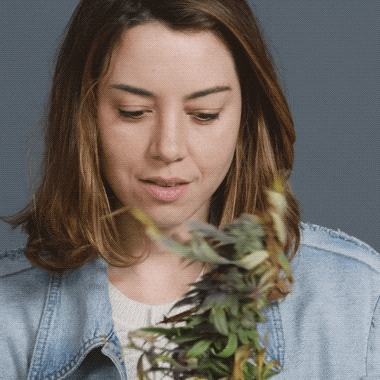Cannabis history is one of those things that everyone should know.
Whether you're an advocate of the plant, an industry stakeholder, or a staunch prohibitionist, if you don’t at least know the essentials, you’d better catch up fast.
Do you know how cannabis became federally illegal in the first place? Or how and why the cannabis stigma started?
This article provides a quick snapshot at the evil roots of cannabis prohibition and why it needs to be abolished immediately.
Meet the father of cannabis prohibition
The father and architect of cannabis prohibition, propaganda, stigma, and fear was one Harry J. Anslinger.
Anslinger was a government bureaucrat and an outspoken, racist piece of shit, who was recently portrayed in the 2021 film The United States Vs. Billie Holiday.
How did Anslinger rise to power? In 1930, he was appointed as the founding commissioner of the Federal Bureau of Narcotics (FBN) under Secretary of the Treasury Andrew Mellon.
Notably, Mellon was the uncle of Anslinger’s wife. And it is a telling detail that the FBN was established under the U.S. Department of Treasury, which also oversaw the prohibition of alcohol.
Essentially, the U.S. government never cared about the supposed moral or health risks of these substances. Their chief concern was lost revenue, which is ironic when you consider the U.S. has spent an estimated $1 trillion in the war on drugs since 1971.
Back in the early ‘30s, it was obvious that alcohol prohibition was a failure, and the Treasury would need a new villain to drive their agenda forward: cannabis.
The FBN would ultimately be folded into the DEA we all know and love today.
“Fake news” is older than you think
According to the book Chasing the Scream: The First and Last Days of the War on Drugs by Johann Hari, Anslinger didn't even care about cannabis in the beginning. He considered it a nuisance and insisted that it wasn’t addictive. Anslinger was more concerned about heroin and cocaine.
However, there weren't enough instances of heroin and cocaine issues to warrant increased funding for Anslinger's newly launched FBN. How else would he keep his bureau alive?
When Anslinger saw articles such as a 1933 headline about a young man named Victor Licata who had apparently smoked cannabis and then chopped up his family with an axe, he saw an opportunity.
Never mind the lack of proof or scientific evidence, or Licata’s family history of mental illness and subsequent diagnosis of what we now call schizophrenia.
Such triviality would never be an issue for the FBN. Anslinger knew he could fool everybody about the violent effects of 'marihuana'.
After consulting 30 medical professionals to confirm cannabis as a link to the violent crime, 29 of them said there was no connection. So naturally Anslinger went with the opinion of the one anti-cannabis practitioner, spreading the word of “marihuana” fueled violence across his powerful network.
Soon after, newspapers were running headlines like “Murders Due to ‘Killer Drug’ Marihuana Sweeping the United States.”
The birth of cannabis prohibition
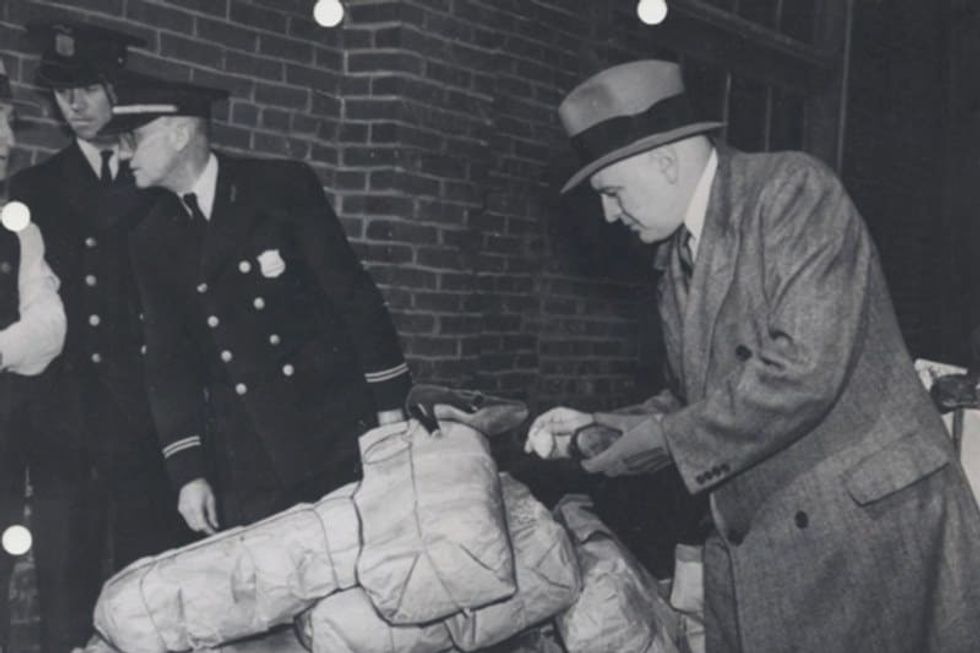
Legend has it, Anslinger persuaded congress to pass the Marihuana Tax Act of 1937 within 15 minutes.
By the time doctors and pharmacists learned they were losing cannabis – one of the top tools in their pharmacopeia – it was too late.
The physicians who did confront Anslinger were met with derision and threats. This staple medicine was suddenly restricted, prohibited, and a 'menace to society'.
As Rick Simpson would tell me 80 years later, when you take away the people’s most effective medicine, it is a form of genocide.
Anslinger went on to cultivate this Reefer Madness campaign for the next 30 years of his career with the FBN, fixating on Jazz musicians and communities of color.
He also took his reefer madness message global, striking fear into the hearts of men and women across the world, people who had no means of fact checking these horrifying reports of cannabis-induced rape, murder…and interracial breeding.
That's right. Many of Anslinger's comments recorded in the annals of history are disturbingly racist. It was these comments and Anslinger’s world view that became the backbone of prohibition.
Anslinger believed addicts should be locked in prison and the key thrown away. And that’s exactly what he got, positioning himself as a top knowledge source on drug abuse. He even helped shape legislation for the Boggs Act of 1951, which introduced mandatory sentencing and other laws to further penalize the use of drugs.
Anslinger’s legislation ruled unconstitutional
The Marihuana Tax Act of 1937 was deemed unconstitutional in 1969 during Leary vs United States when the U.S. Supreme Court unanimously decided the law was a violation of the Fifth Amendment (your right to not incriminate yourself).
And that was Timothy Leary, by the way, who gained fame and infamy for his focus on LSD. He challenged the cannabis law after he was arrested for the possession, and he won.
But that victory was short-lived.
From 1970 onwards we get into Nixon, the Shafer Commission, and the Controlled Substances Act, which is another article.
This is a history everyone needs to know
Learning the history of cannabis prohibition and this bureaucratic monster Harry Anslinger is important. Anslinger and the policies he influenced destroyed countless lives and families, the effects of which continue to this day.
As Steve DeAngelo writes in his book The Cannabis Manifesto, “has warped our most important institutions—from the family and the workplace to health care, taxation, and consumer protection—and eroded the democratic principles upon which our nation was founded.”
And it wasn’t Anslinger alone. He was supported by a strong network of bureaucrats and politicians who shared his beliefs, as well as ignorant newspaper editors hungry for juicy headlines. After Anslinger, subsequent politicians and administrations used anti-drug sentiment and policy to their own benefit, from one generation to the next.
If more people learn the origins of cannabis prohibition, they're much more likely to ask questions that will lead to greater cannabis progress – something the world needs now more than ever.
And of course, those who forget their history are doomed to repeat it.
Anslinger, by the way, died a drug addict and a drug peddler, according to Hari. After discovering Sen. Joseph McCarthy was a heroin addict, Anslinger ensured the communist witch-hunting senator a safe supply of heroin through a Washington D.C. pharmacy.
And during Anslinger’s later years, he developed angina and turned to morphine for pain.
Hari writes: “Anslinger died with his veins laced with the chemicals he had fought to deny to the world.”
11 Fucked Up Quotes from Harry Anslinger That People Believed
Here are several famous cannabis quotes by Harry Anslinger, the father of the war on drugs. Anslinger was lying through his teeth and people believed him.
#1) “Marijuana is an addictive drug which produces in its users insanity, criminality, and death.”
#2) “You smoke a joint and you're likely to kill your brother.”
#3) “There are 100,000 total marijuana smokers in the US, and most are Negroes, Hispanics, Filipinos and entertainers. Their Satanic music, jazz and swing, result from marijuana usage. This marijuana causes white women to seek sexual relations with Negroes, entertainers and any others.”
#4) “Marihuana leads to pacifism and communist brainwashing.”
#5) “Reefer makes darkies think they're as good as white men.”
#6) “Marijuana is the most violence-causing drug in the history of mankind.”
#7) “Despite the fact that medical men and scientists have disagreed upon the properties of Marihuana, and some are inclined to minimize the harmfulness of this drug, the records offer ample evidence that it has a disastrous effect upon many of its users.”
#8) “I find that the conclusions reached by persons who have had practical experience with the drug present a much stronger case against Marihuana than those formed by a study of literature on the subject.”
#9) “There must be constant enforcement and constant education against this enemy, which has a record of murder and terror running through the centuries.”
#10) “Therefore, from the standpoint of police work, it is a more dangerous drug than heroin or cocaine.”
#11) “I consider marihuana the worst of all narcotics – far worse than the use of morphine or cocaine. Under its influences men becomes beasts…Marihuana destroys life itself.”
Need a little more Bluntness in your life? Check our YouTube page.
(public domain image credit: Penn State Special Collections)
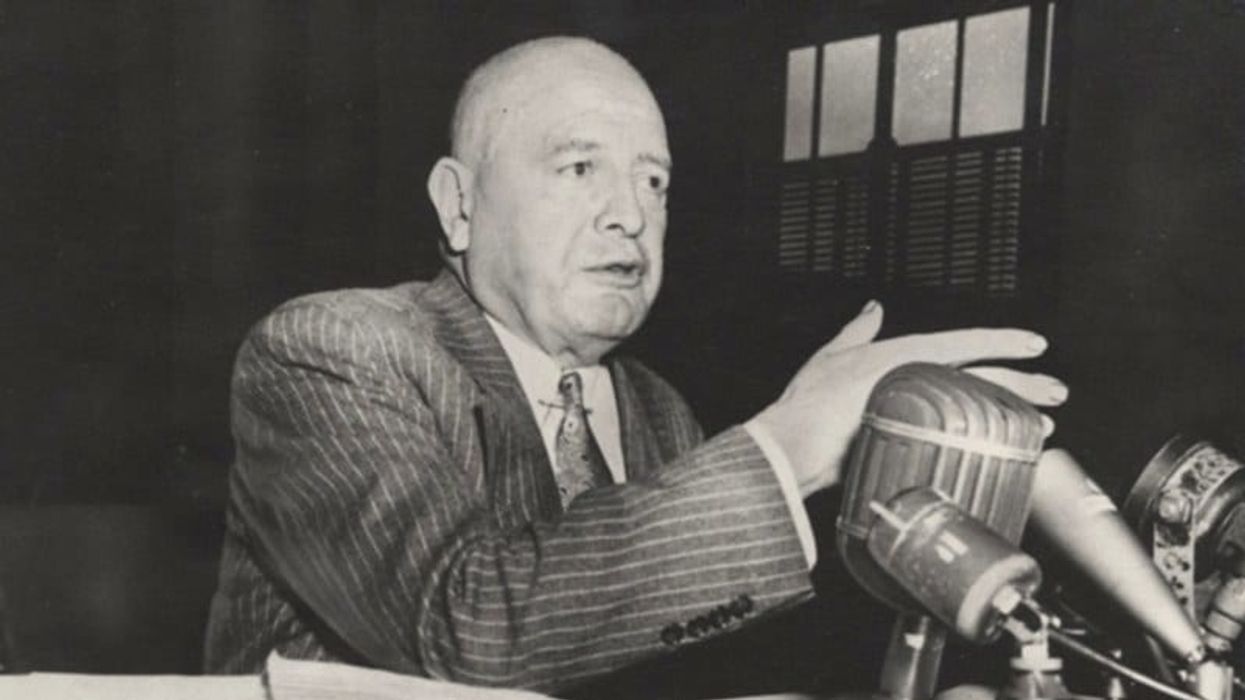

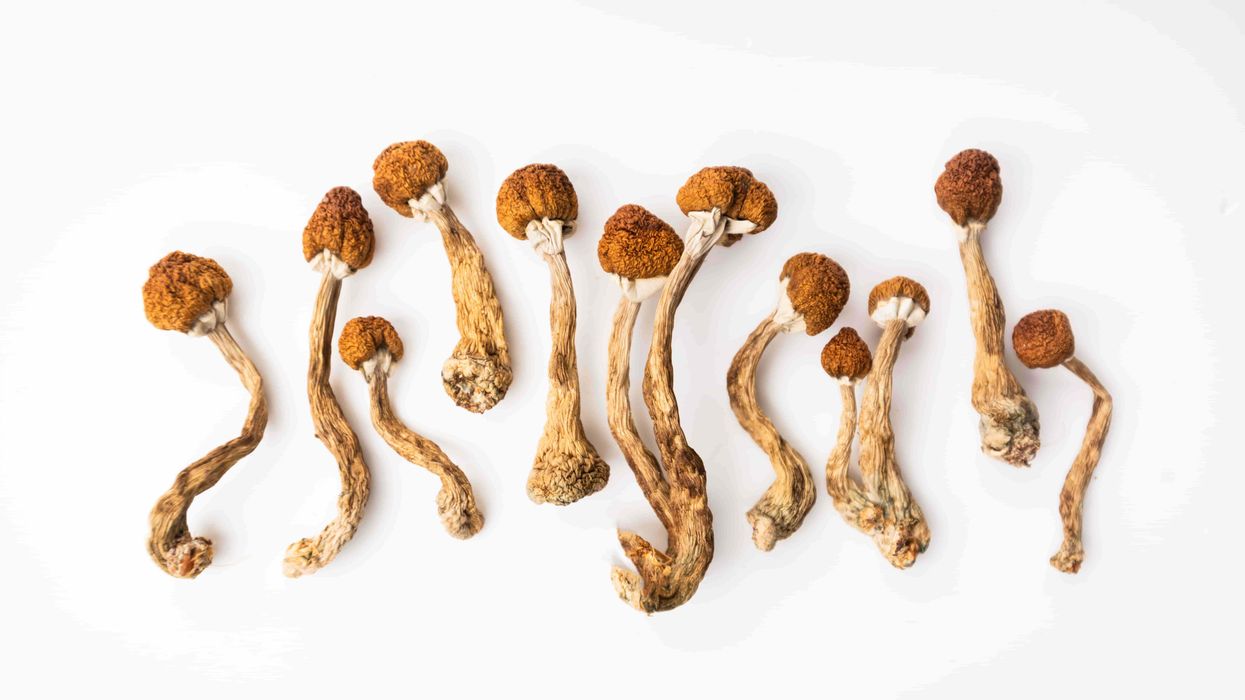
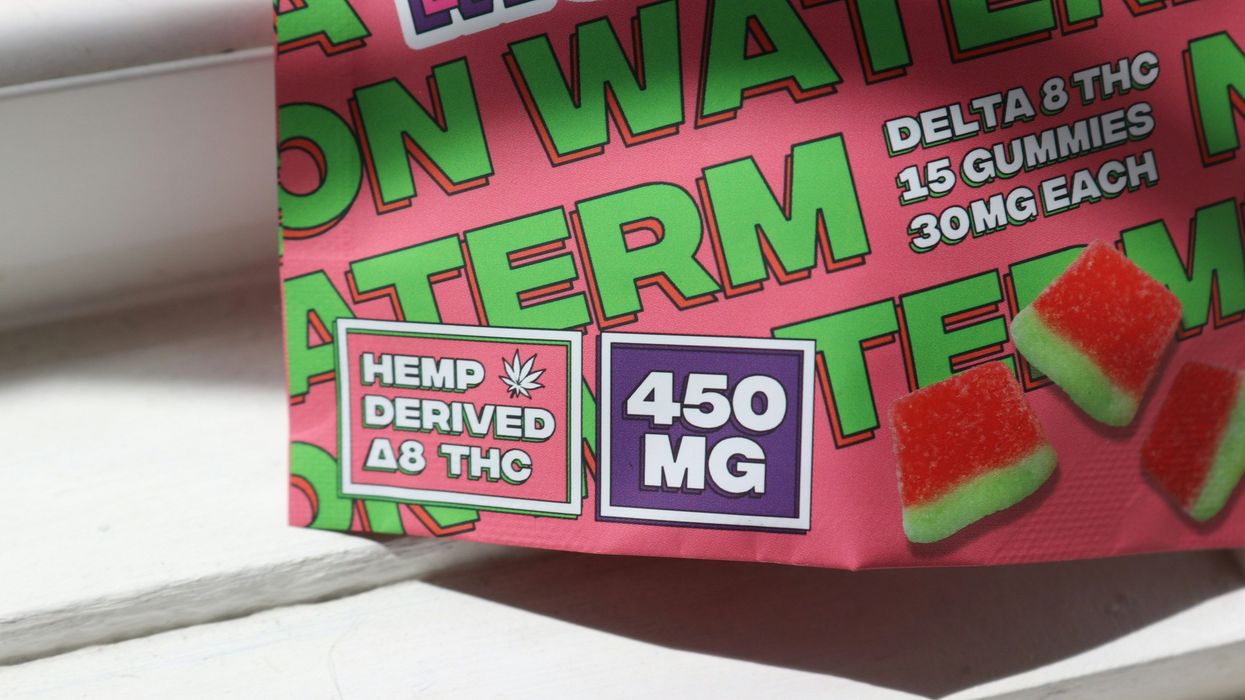



 11 Signs You've Greened Out and How to Handle It - The Bluntness
Photo by
11 Signs You've Greened Out and How to Handle It - The Bluntness
Photo by  11 Signs You've Greened Out and How to Handle It - The Bluntness
Photo by
11 Signs You've Greened Out and How to Handle It - The Bluntness
Photo by 
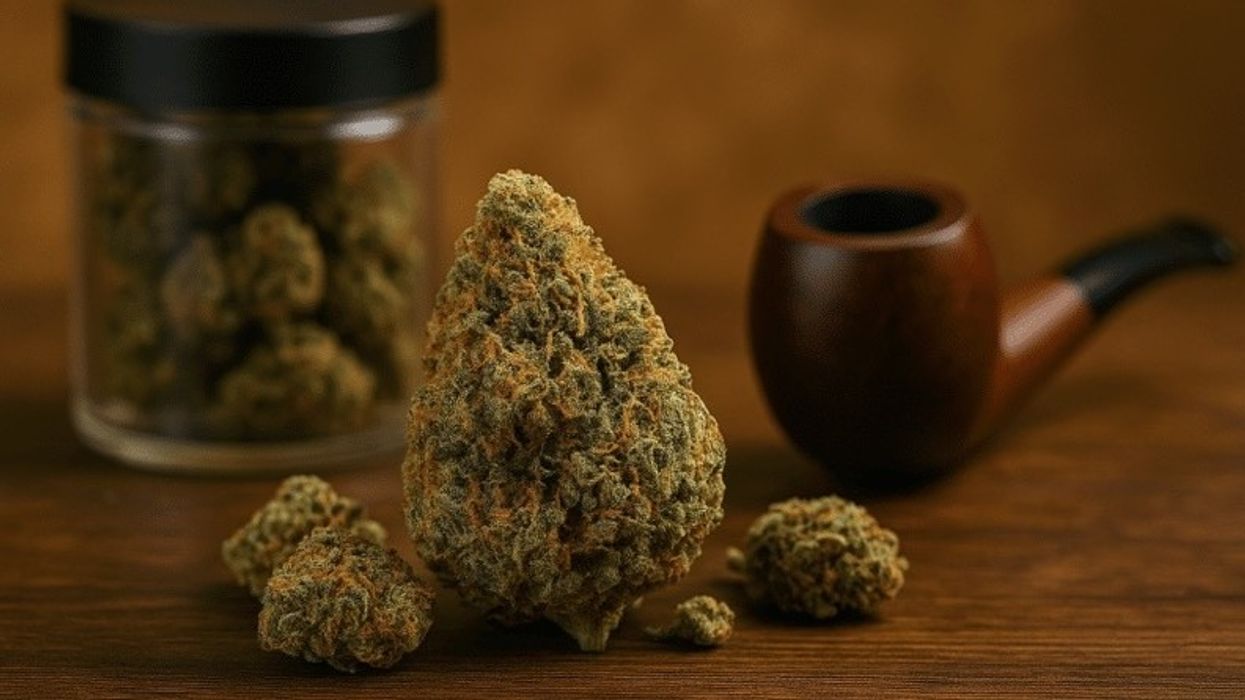





 What will you do with that cannabis kief collection? - Make Coffee! The Bluntness
What will you do with that cannabis kief collection? - Make Coffee! The Bluntness DIY: How to Make Kief Coffee - The Bluntness
Photo by
DIY: How to Make Kief Coffee - The Bluntness
Photo by 
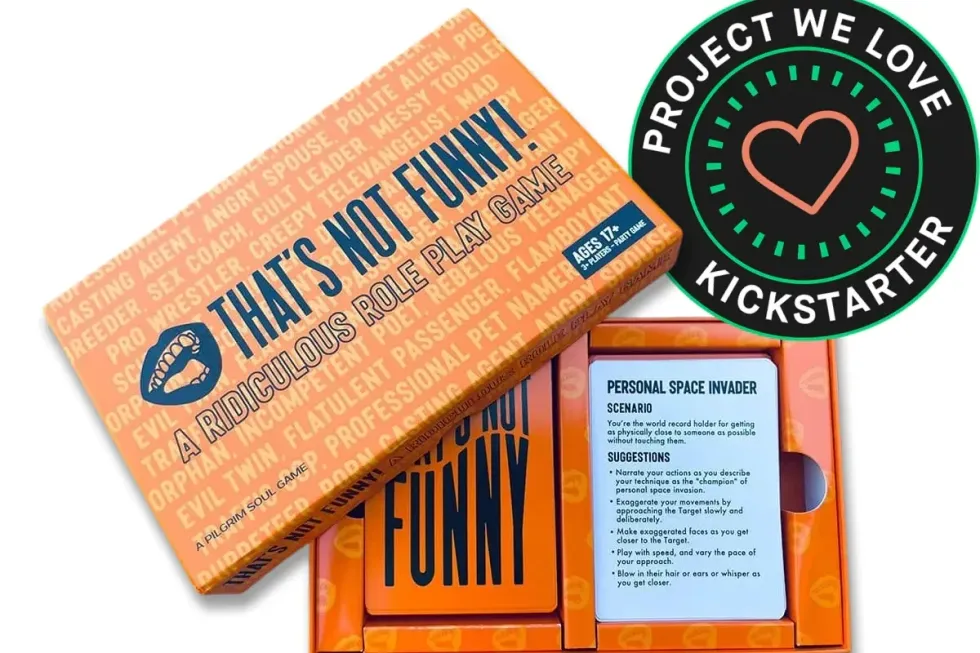
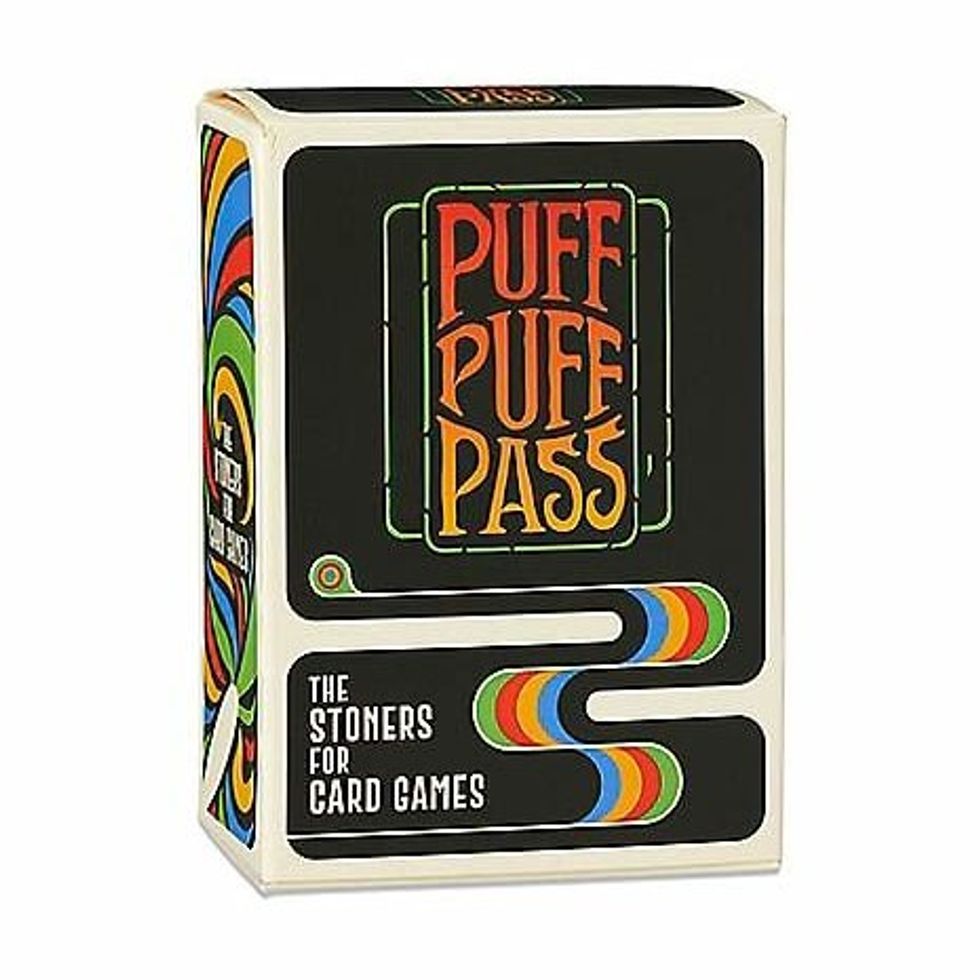
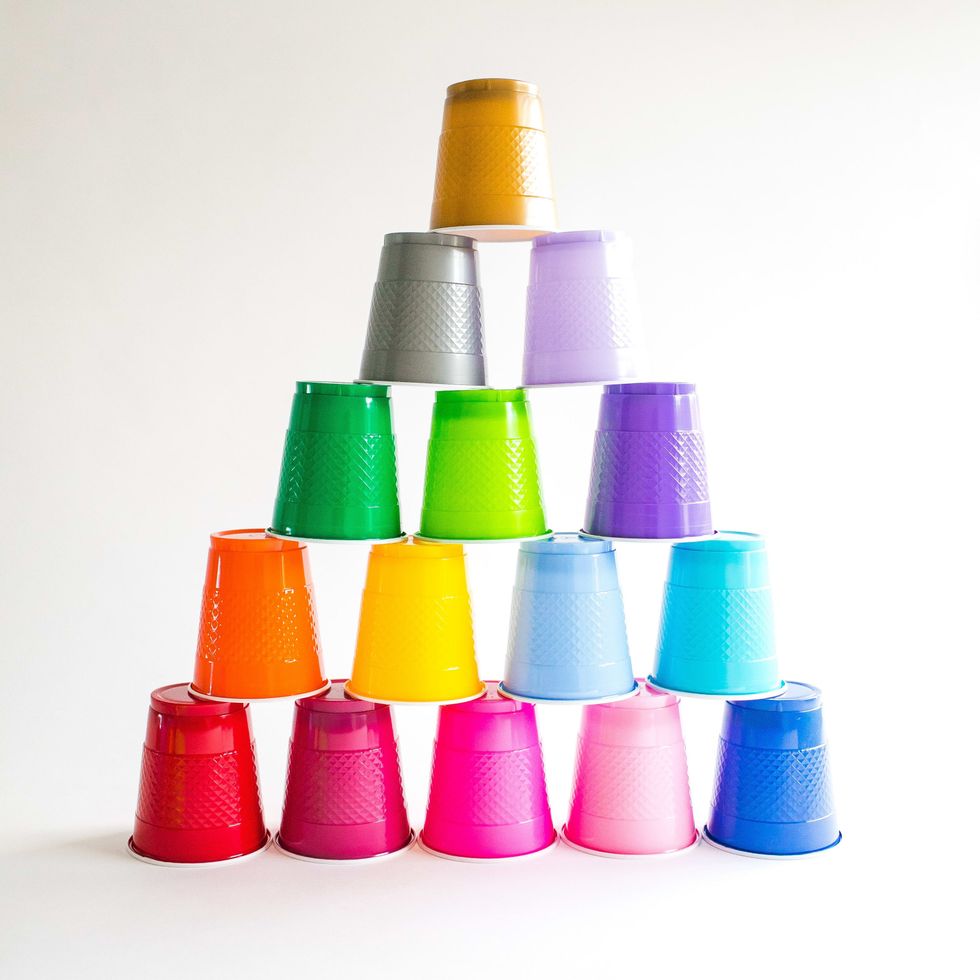
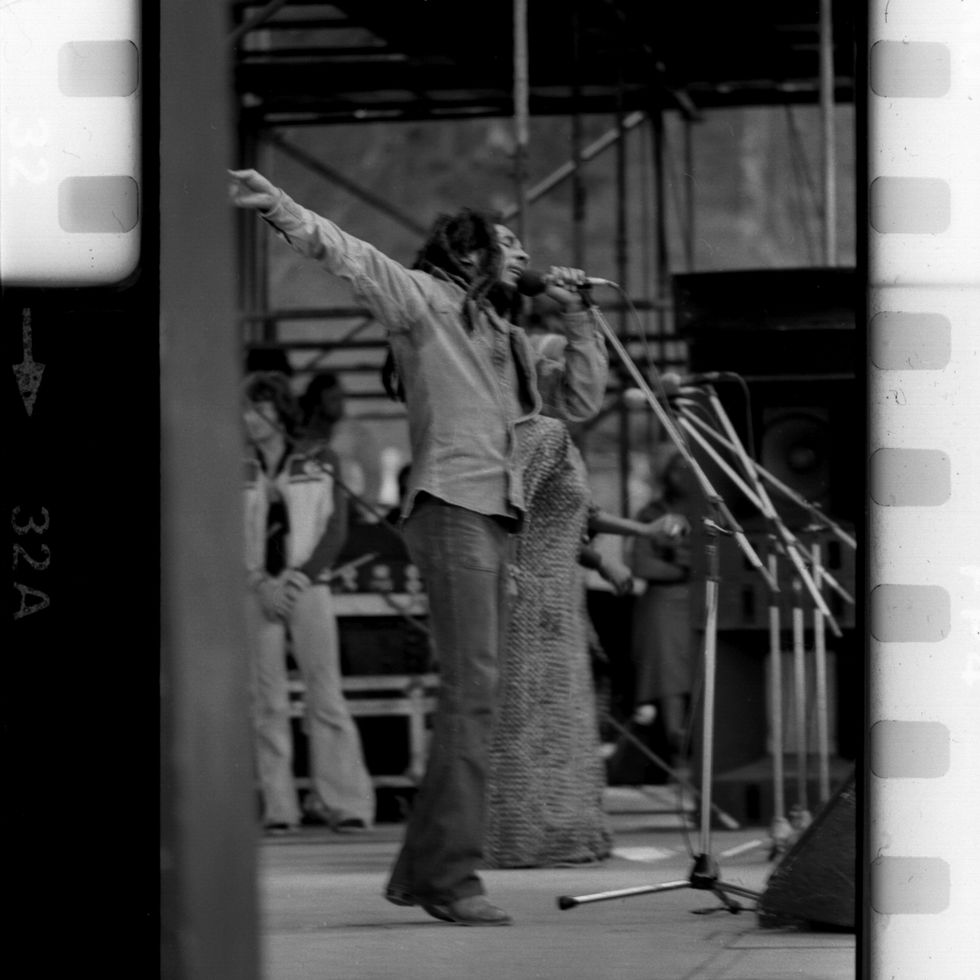 Best Weed Smoking Games to Try - Jammin'
Best Weed Smoking Games to Try - Jammin'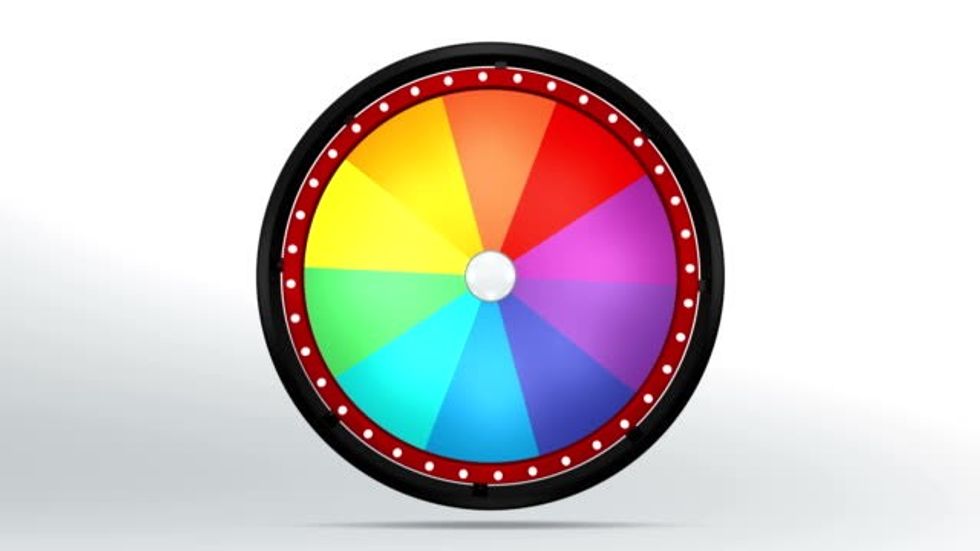 The 31 Best Weed Smoking Games To Try
The 31 Best Weed Smoking Games To Try The Best Weed Smoking Games
The Best Weed Smoking Games The Best Weed Smoking Games to Try
The Best Weed Smoking Games to Try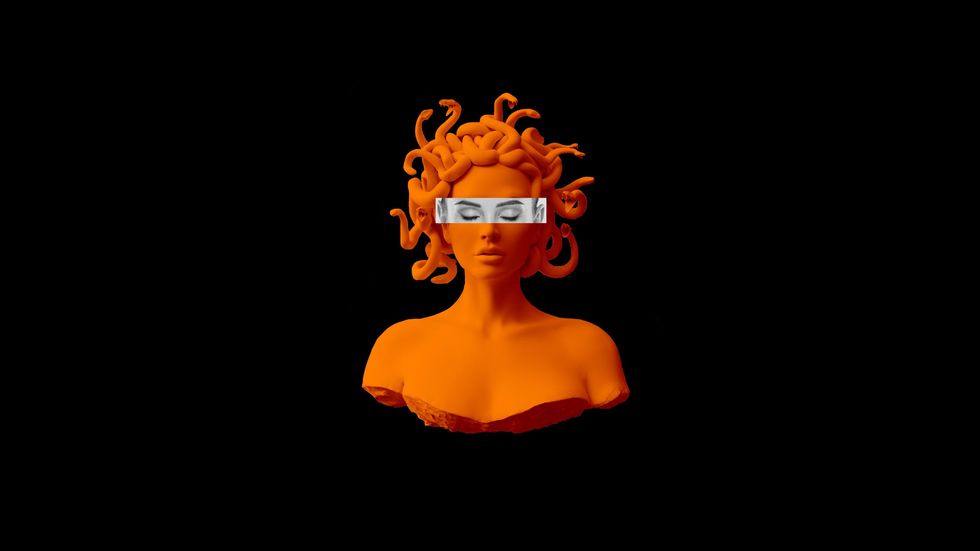
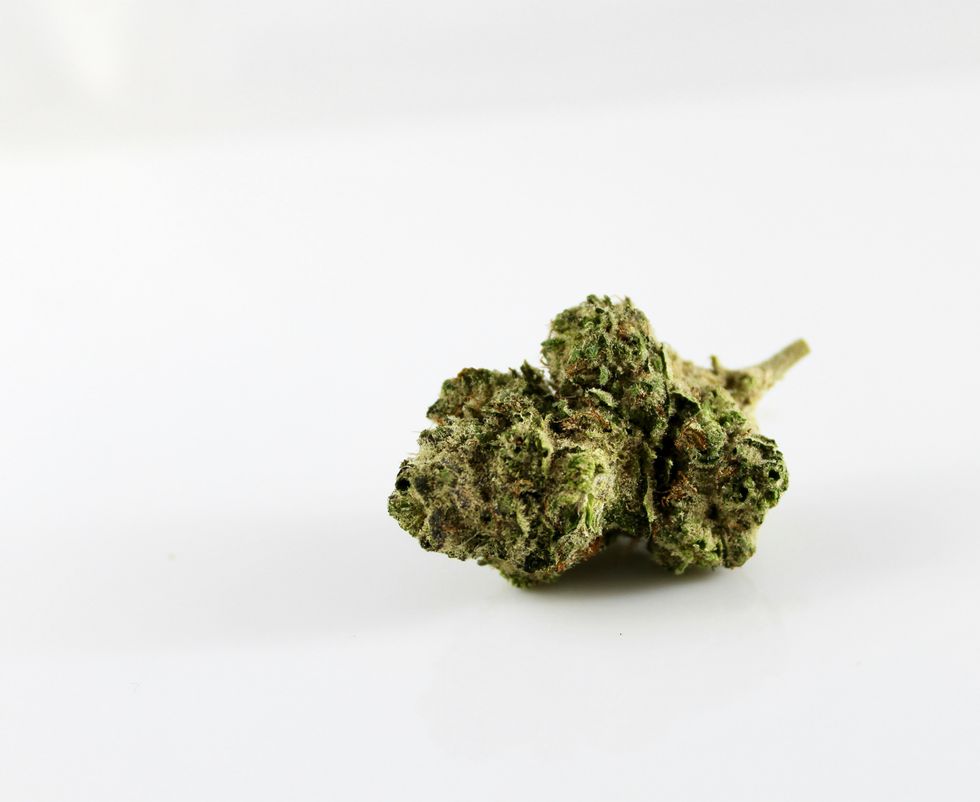
 Stoner Games - Games to Play While High
Stoner Games - Games to Play While High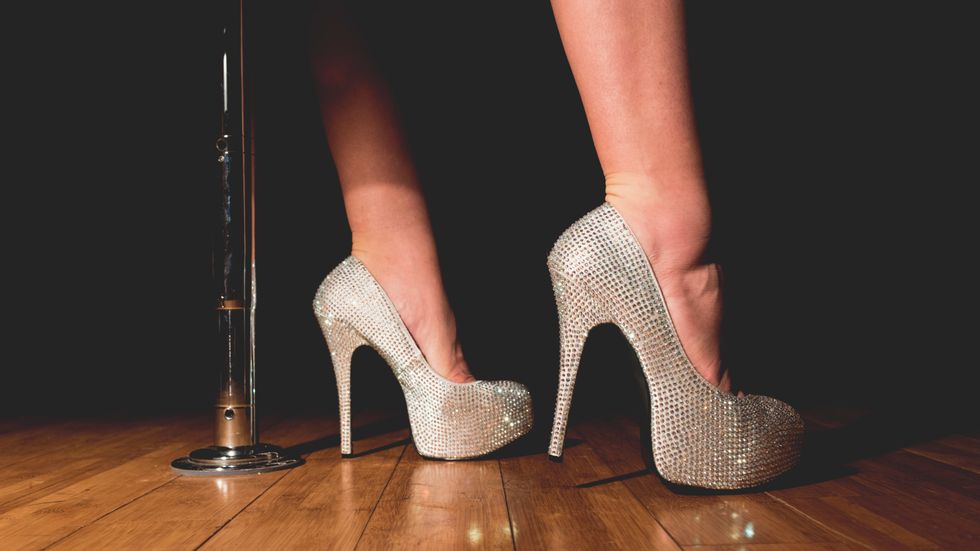 The Best Weed Smoking Games to Play
The Best Weed Smoking Games to Play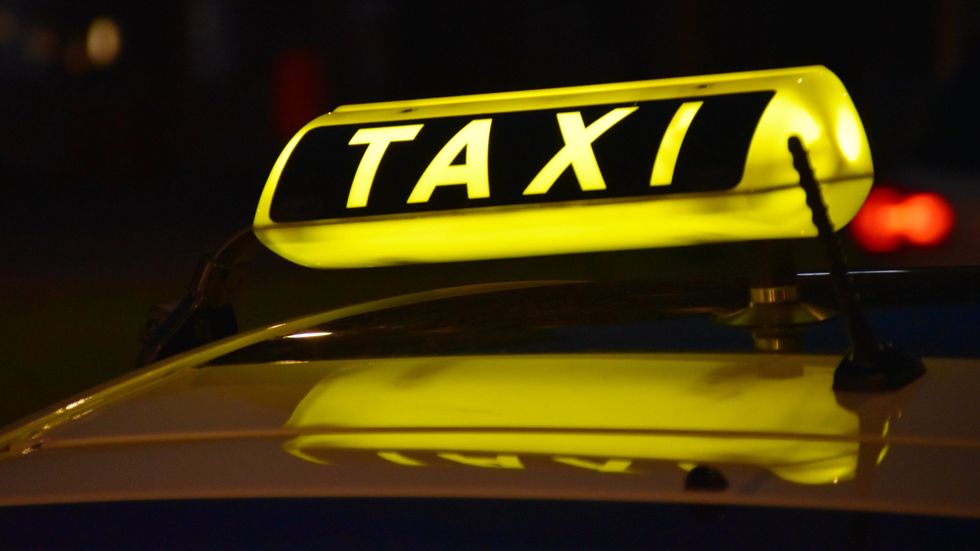 The Best Weed Smoking Games to Try
The Best Weed Smoking Games to Try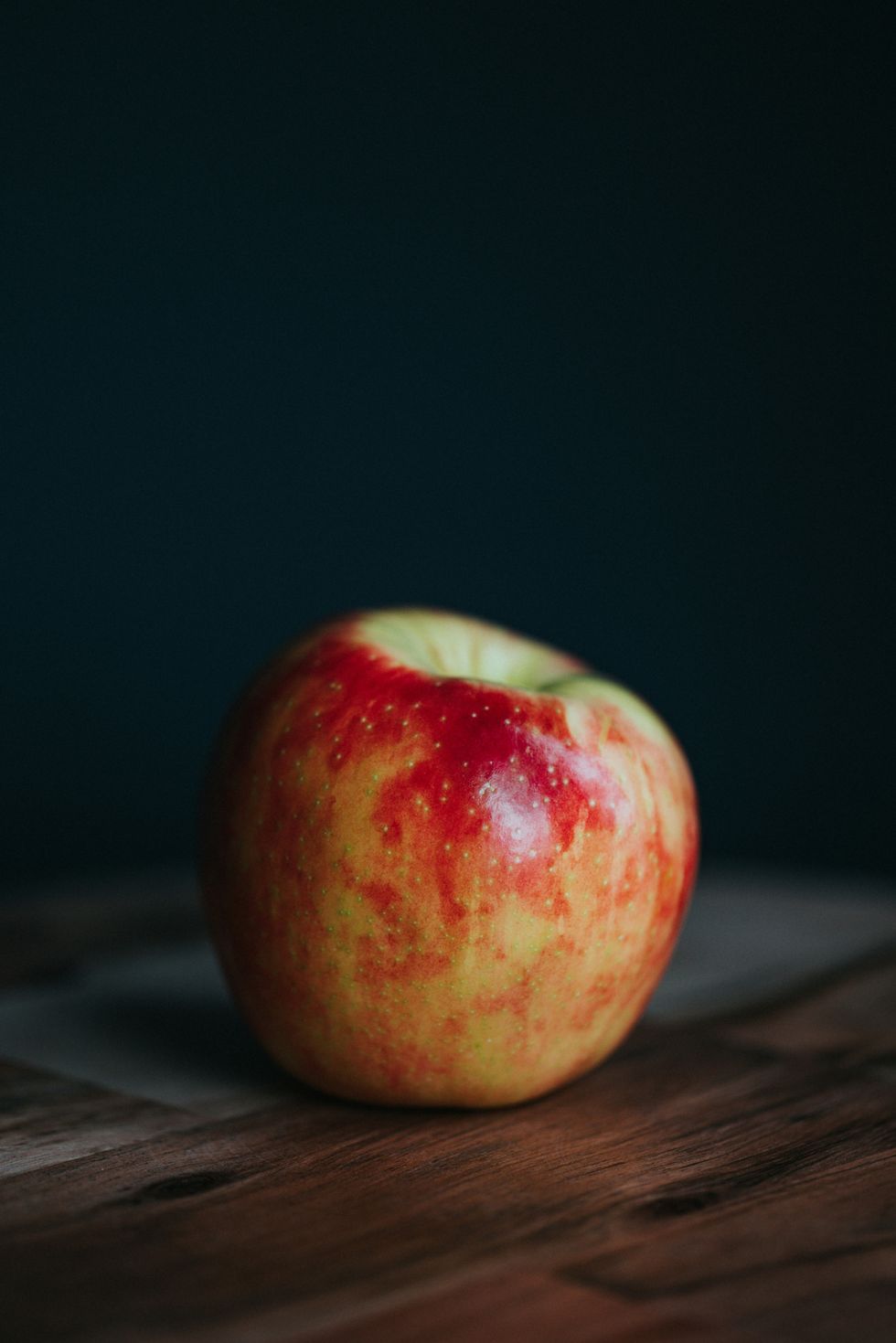
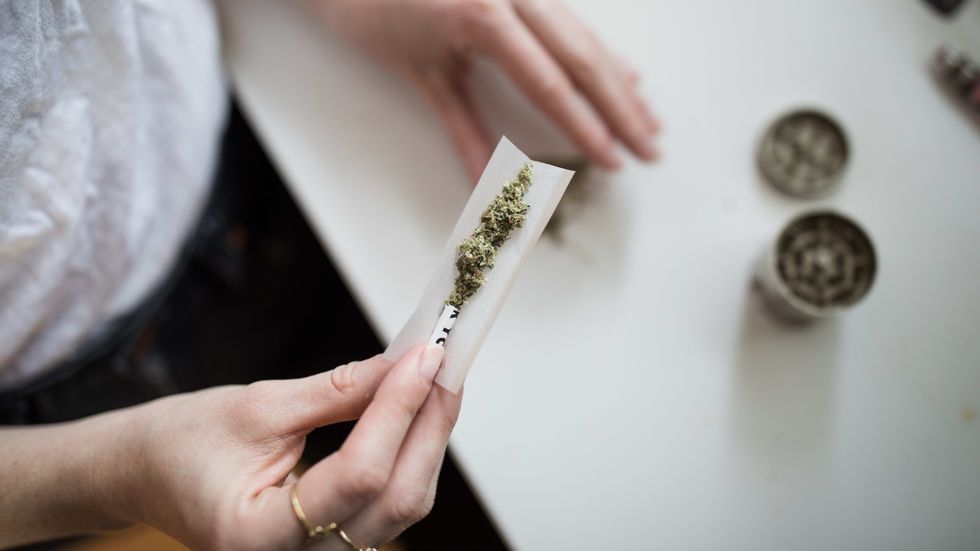 The Best Weed Smoking Games to Try
The Best Weed Smoking Games to Try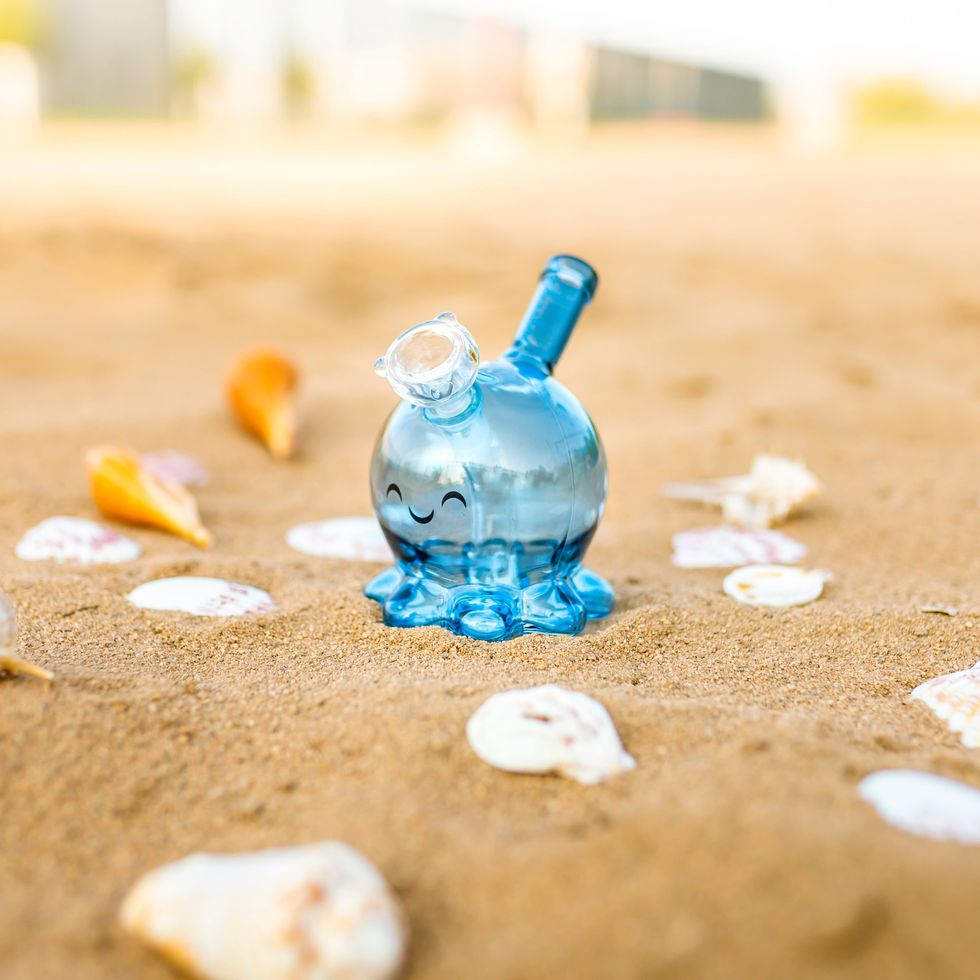
 The Best Weed Smoking Games to Play
The Best Weed Smoking Games to Play The Best Weed Games to Play
The Best Weed Games to Play The Best Weed Smoking Games to Try
The Best Weed Smoking Games to Try The Best Weed Smoking Games to Play
The Best Weed Smoking Games to Play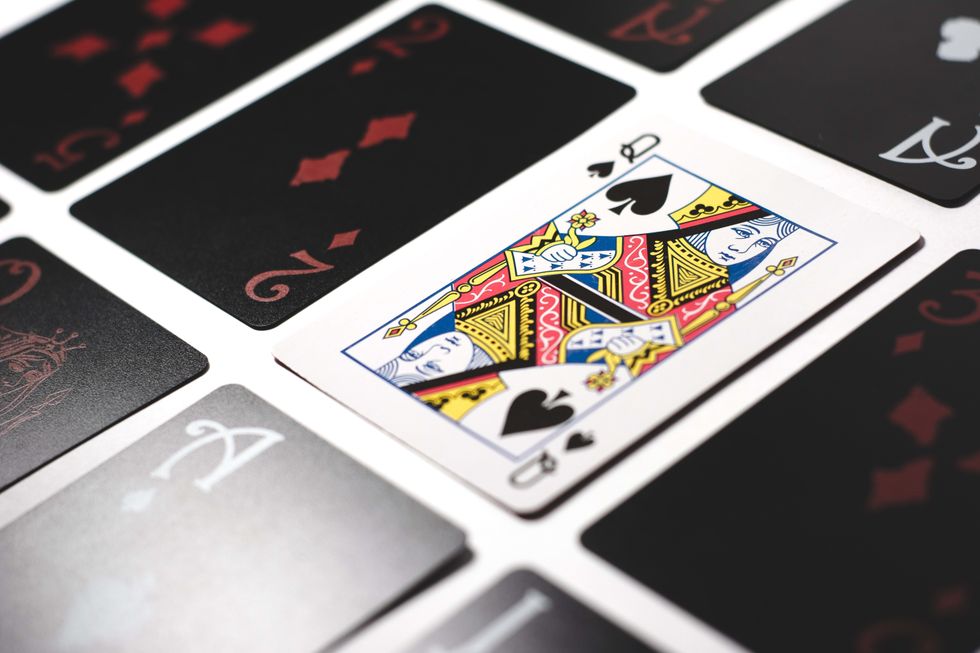 The Best Weed Smoking Games to Try
The Best Weed Smoking Games to Try Games for Stoners
Games for Stoners 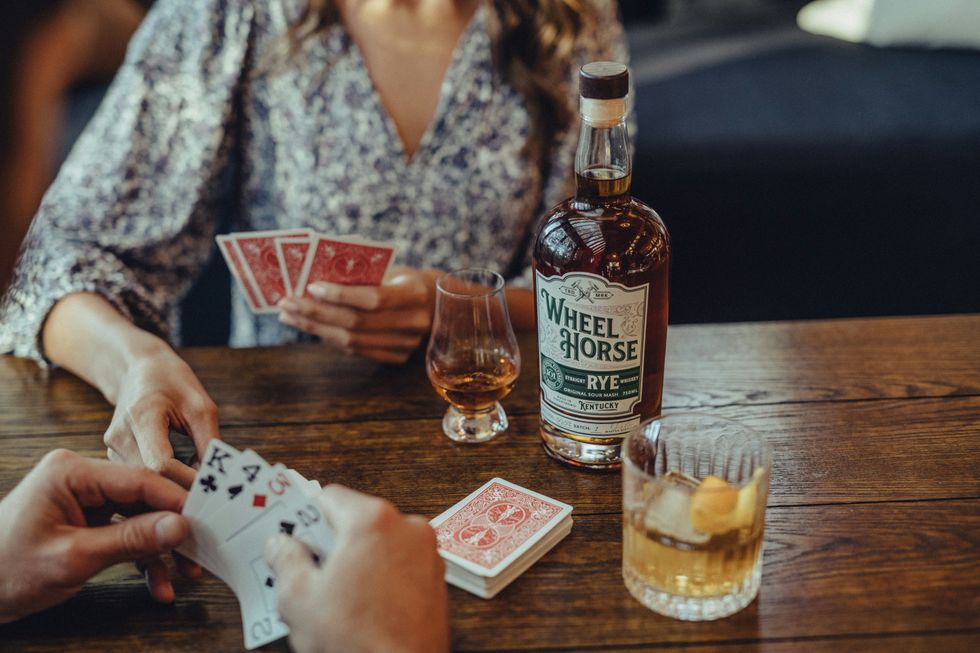 woman in white and blue floral shirt sitting beside woman in white and black floral shirtPhoto by
woman in white and blue floral shirt sitting beside woman in white and black floral shirtPhoto by 
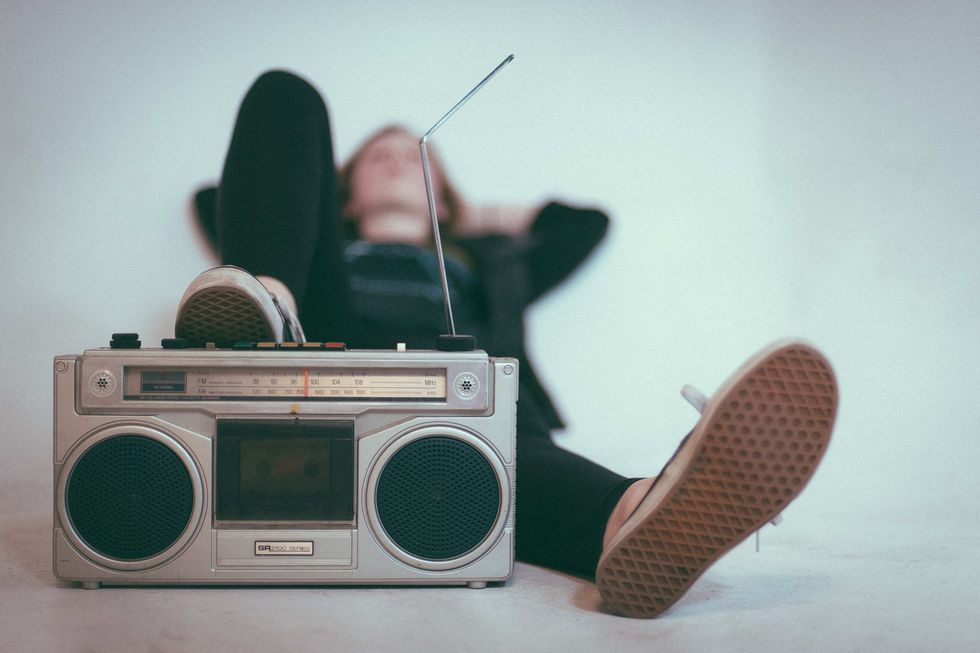 The Best Weed Smoking Games to Play
The Best Weed Smoking Games to Play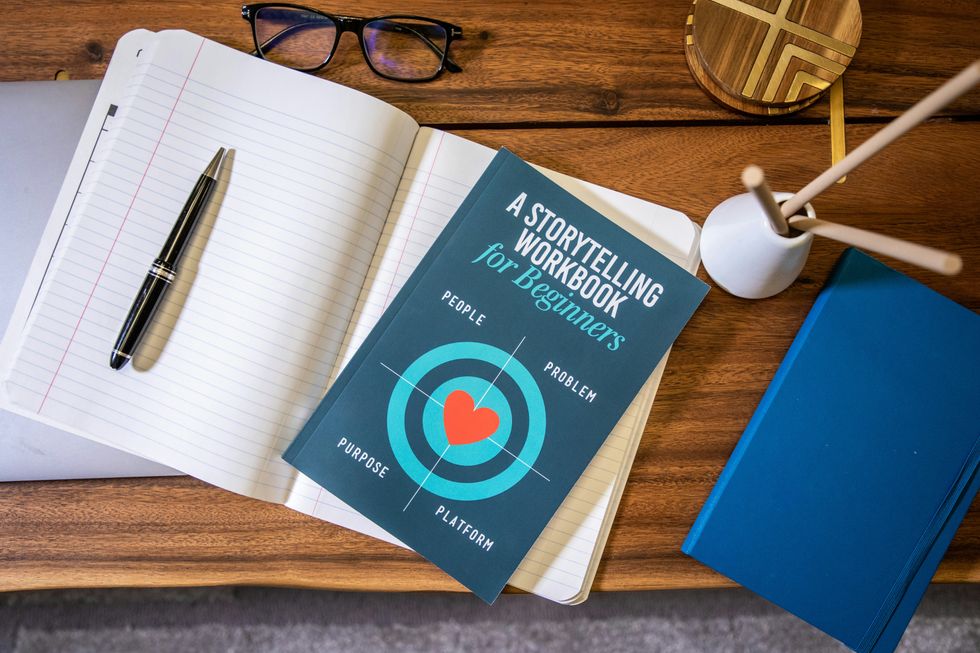
 The Best Weed Smoking Games to Try
The Best Weed Smoking Games to Try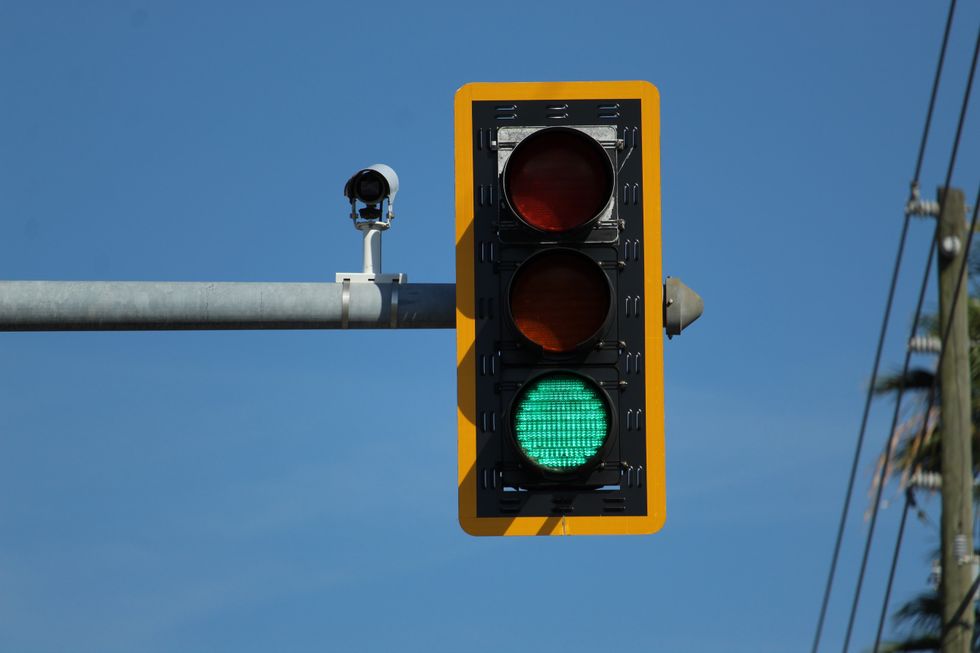 The Best Weed Smoking Games to Try
The Best Weed Smoking Games to Try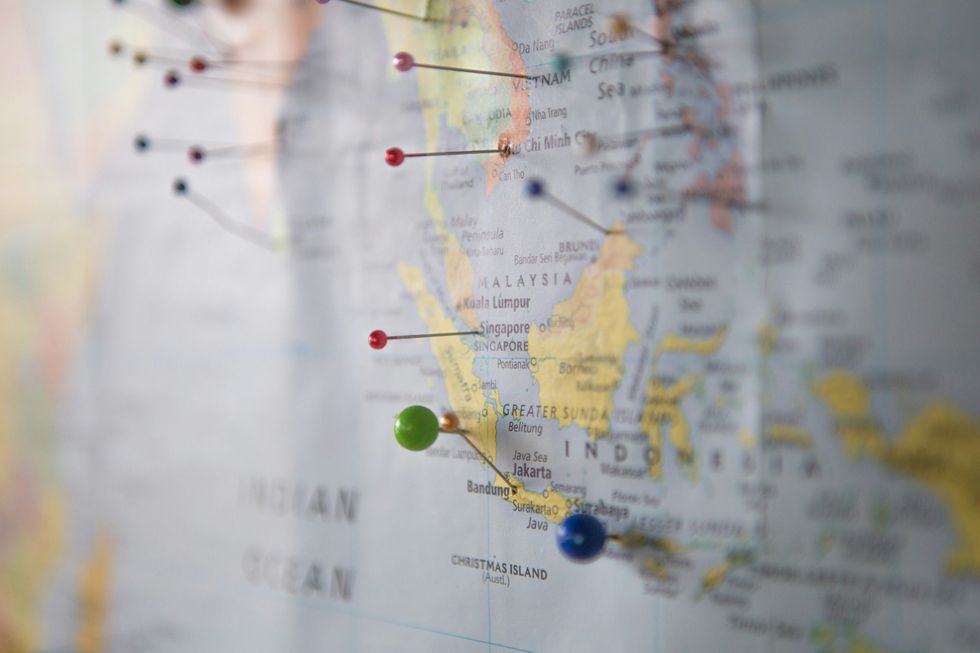 world map with pinsPhoto by
world map with pinsPhoto by 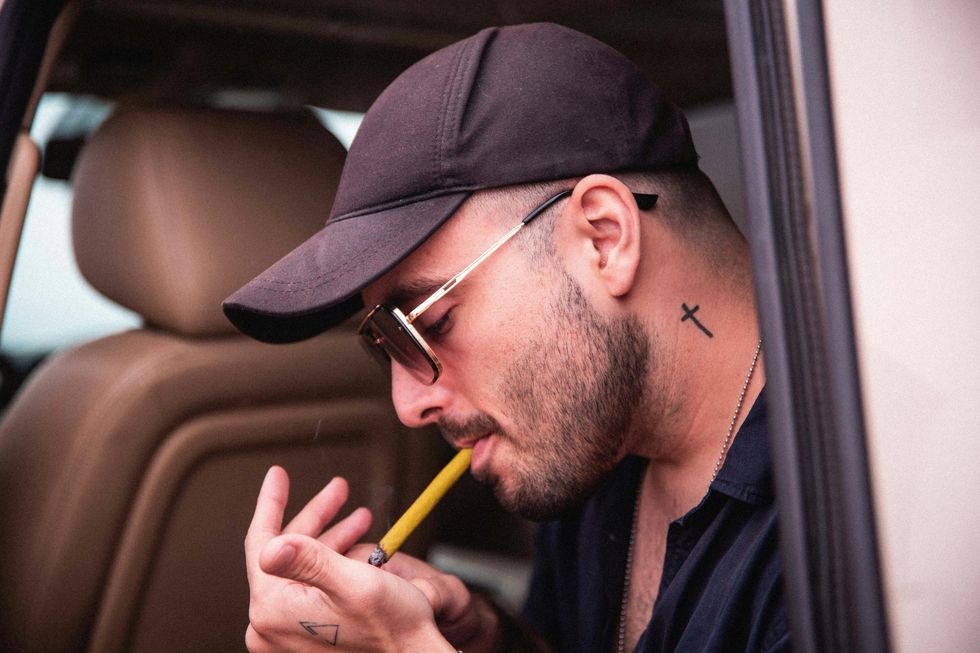
 The Best Weed Smoking Games to Try
The Best Weed Smoking Games to Try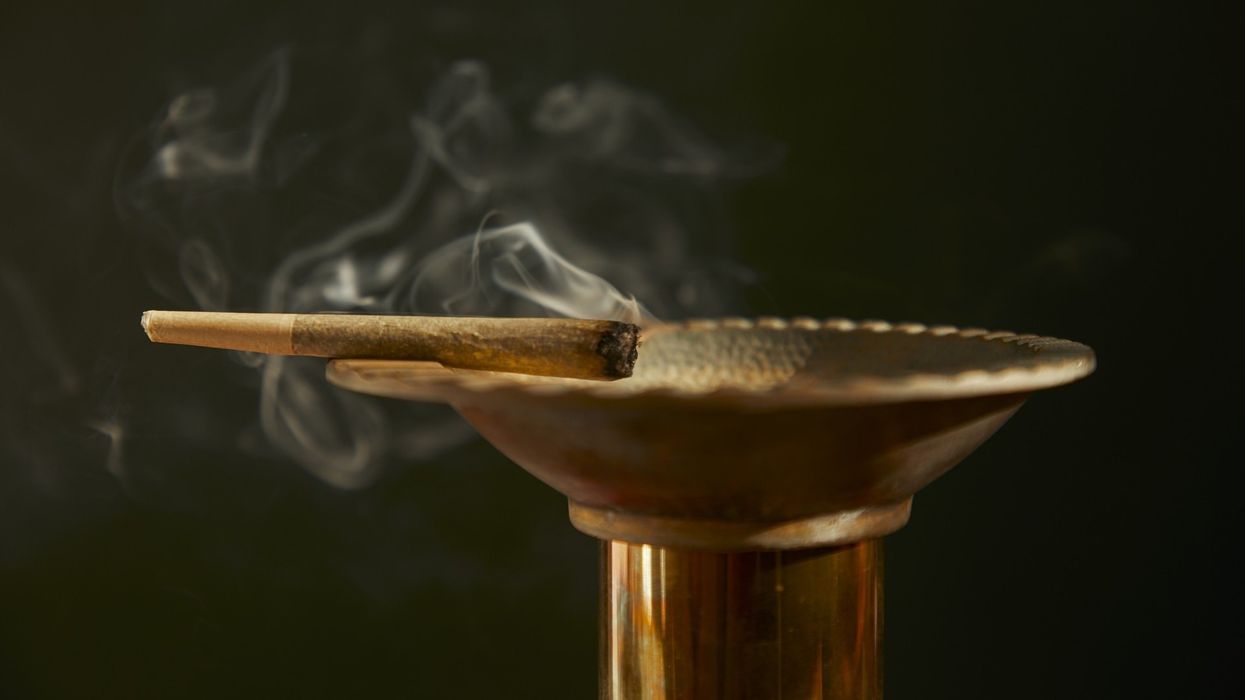
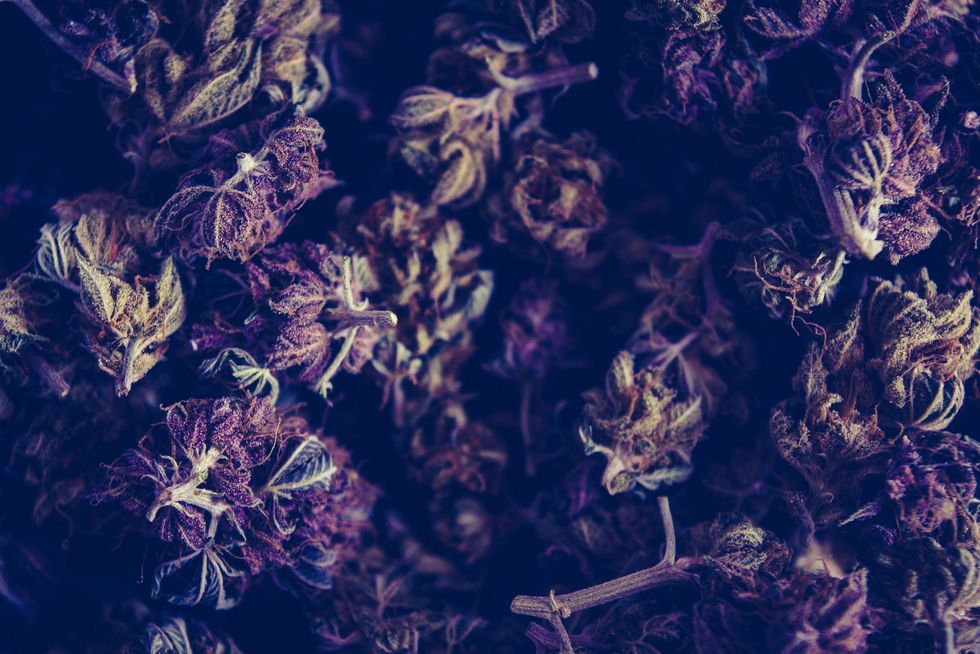 What is reggie weed? - The Bluntness
Photo by
What is reggie weed? - The Bluntness
Photo by 